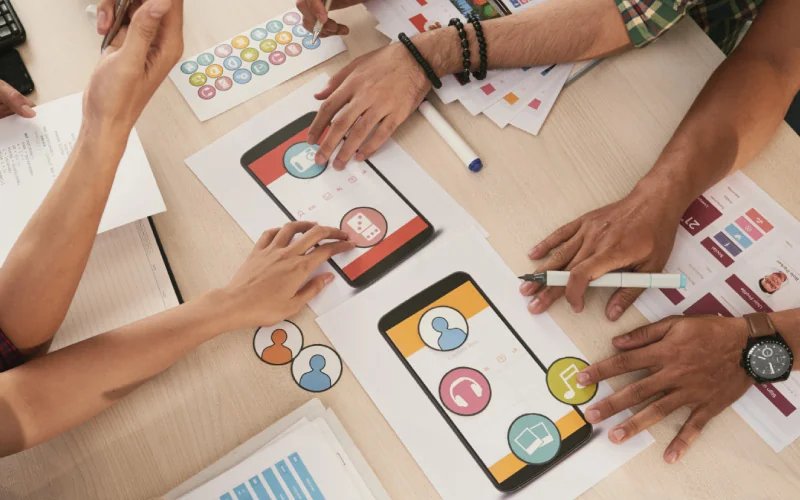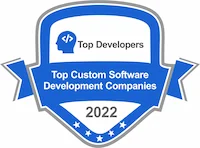Do you need to develop a mobile application for a client or for your own company? On this occasion, we tell you what the phases of the development process are like and what the times are in chronological form. Read on and discover the factors that influence the creation of applications.
Typical mobile application development process
1. Research phase
This time is used to investigate and determine if the app concept is practical and feasible. To achieve this, the company has to understand the problem it is trying to solve, as well as the characteristics of customers and competitors. A figma is highly recommended to check the navigability of the application and the design.
2. Development phase
The developers work on building the requested application. Here the programmers have a clear vision and goal while creating the system functionality that has been pre-agreed in the previous stage.
3. Testing phase
This phase is necessary to ensure that the application works correctly and as expected. Generally, all new software has bugs that need to be fixed before release, and testing is always effective at finding them. It is advisable that these are carried out in the RC version application already published in the stores.
4. Support and maintenance phase
Maintaining an app after launch can be just as challenging as building it. A comprehensive quality assurance plan involving testing and code review can confirm the stability, reliability, and ease of use of the application.
How long does it take to create an app?
The time it takes to develop a mobile app is determined by a number of factors. These are the ones we name below.
The project team
The choice of the development team by the company can determine how quickly the application will be ready to be published. A team of professionals with experience in this type of project is not the same as a team with a short path of developments under its belt.
Brainstorming and research
This phase begins with the idea of the application and progresses through intensive study and development. This is when the target audience for the app is determined. This is for the team to ensure that the project is on track, before development and subsequent publication.
Budget
If speed is crucial, you should consider a higher cost in mobile app development. Without a doubt, starting with an MVP will allow you to test your idea more quickly. Also, if you invest resources wisely, you won’t need to put a project on hold or deliver an unfinished product because of a shortage of money.
Tests
All aspects of the application (including: bug-free user interface, pleasant user experience, and fast and efficient workflow) must be thoroughly tested prior to release. Any fault found by the teams must be corrected to ensure that the application works correctly.
Application development timeline
Planning (2-3 weeks)
Throughout this phase, market research and feasibility studies are used. Good planning is key to ensure the success of the project. These three questions should be answered: who will download the app, who will pay for it, and who will keep it.
Design (2-4 weeks)
In this stage, the designers work with the developers to determine the features of the application and achieve the desired details. They define the user’s requirements and how the application will meet them in terms of navigation and functionality.
Development (6-8 weeks)
Developers can start building once the design has been approved. During this phase, they work on the user interface (UI), user experience (UX), front end and back end.
Testing (2-3 weeks)
This is the time to test all the functionalities. Before an app is made available to the public, it undergoes load and performance tests to ensure that it is bug-free. Testing is done across multiple devices to verify that the user experience is accurately reflected.
Before we finish, we recommend targeting the right audience when developing a mobile application. Know your audience and define their needs and desires. Remember that at MyTaskPanel Consulting we have professionals with the necessary experience to help you.










